Best movies like Cinecittà, de Mussolini à la Dolce Vita
A unique, carefully handpicked, selection of the best movies like Cinecittà, de Mussolini à la Dolce Vita Starring Chloé Réjon, Benito Mussolini, Mauro Canali, Vito Zagarrio, and more. If you liked Cinecittà, de Mussolini à la Dolce Vita then you may also like: Yellow Caesar, Open Doors, Trumbo, Guillermo del Toro's Pinocchio, The Great Dictator and many more popular movies featured on this list. You can further filter the list even more or get a random selection from the list of similar movies, to make your selection even easier.
Cinecitta is today known as the center of the Italian film industry. But there is a dark past. The film city was solemnly inaugurated in 1937 by Mussolini. Here, propaganda films would be produced to strengthen the dictator's position.
Cinecittà, de Mussolini à la Dolce Vita
You may filter the list of movies on this page for a more refined, personalized selection of movies.
Still not sure what to watch click the recommend buttun below to get a movie recommendation selected from all the movies on this list
Open Doors
Tommaso Scalia is a man who commits three murders: he kills his superior who sacked him, the man who replaced him and his wife. He wants a quick trial and an early execution, but an earnest, principled assistant judge looks for a way to save the murderer from being shot, because he does not belive in capital punishment.
Guillermo del Toro's Pinocchio
During the rise of fascism in Mussolini's Italy, a wooden boy brought magically to life struggles to live up to his father's expectations.
The Great Dictator
Dictator Adenoid Hynkel tries to expand his empire while a poor Jewish barber tries to avoid persecution from Hynkel's regime.
Tea with Mussolini
Semi-autobiographical film directed by Franco Zeffirelli, telling the story of young Italian boy Luca's upbringing by a circle of English and American women, before and during World War II.
The Eternal City
War drama - Fitzmaurice was able to film King Victor Emmanuel III and Benito Mussolini reviewing Italian troops.
Sex and Buttered Popcorn
Actor Ned Beatty hosts a look at the genre known as "exploitation" films. Interviews with some of the producers and directors of these films are shown, along with scenes from and trailers for some of these films.
Hi, Mom!
Vietnam vet Jon Rubin returns to New York and rents a rundown flat in Greenwich Village. It is in this flat that he begins to film, 'Peeping Tom' style, the people in the apartment across the street. His obsession with making films leads him to fall in with a radical 'Black Power' group, which in turn leads him to carry out a bizarre act of urban terrorism.
Human Remains
Human Remains is a haunting documentary which illustrates the banality of evil by creating intimate portraits of five of the 20th century's most reviled dictators. The film unveils the personal lives of Adolf Hitler, Benito Mussolini, Joseph Stalin, Francisco Franco and Mao Tse Tung. We learn the private and mundane details of their everyday lives -- their favorite foods, films, habits and sexual preferences. There is no mention of their public lives or of their place in history. The intentional omission of the horrors for which these men were responsible hovers over the film.
Hymn of the Nations
Hymn of the Nations, originally titled Arturo Toscanini: Hymn of the Nations, is a 1944 film directed by Alexander Hammid, which features the "Inno delle nazioni," a patriotic work for tenor soloist, chorus, and orchestra, composed by Italian opera composer Giuseppe Verdi in the early 1860s. (For this musical work, Verdi utilized the national anthems of several European nations.) In December 1943, Arturo Toscanini filmed a performance of this music for inclusion in an Office of War Information documentary about the role of Italian-Americans in aiding the Allies during World War II. Toscanini added a bridge passage to include arrangements of "The Star-Spangled Banner" for the United States and "The Internationale" for the Soviet Union and the Italian partisans. Joining Toscanini in the filmed performance in NBC Studio 8-H, were tenor Jan Peerce, the Westminster Choir, and the NBC Symphony Orchestra. The film also included the overture to Verdi's opera La Forza del Destino.
I Am the Law
Palermo, Sicily, November 1925. Cesare Mori, the new prefect of the city, soon to be known as the Iron Prefect, begins a ruthless war against the Mafia, a sinister organization that has subjugated the island for centuries, something that the dictator Benito Mussolini and the fascist authorities can no longer allow.
A Special Day
In Rome, fascist supporter Emanuele attends a parade commemorating Adolf Hitler's historic meeting with Italian leader Benito Mussolini, leaving his apolitical wife, Antonietta, to tend to household duties. Antonietta encounters a man, Gabriele, who appears surprisingly nonplussed by the political event. Over the course of the day, the two forge a close friendship that will forever change their perceptions of life, love and politics.
Merchants of Venus
A Russian immigrant finds himself in bed with the mob after buying a sexual novelties shop.
Who's the Caboose?
A documentary team gets a grant to do a film on a rare fatal disease that is attacking homeless people. However, they quickly find the film too depressing. Ducking into a nightclub, they discover a young Manhattan comedienne and decide instead to follow her as she makes the circuit of auditions in L.A. as she tries to get a TV pilot. Unfortunately, she has failed to tell her boyfriend of this move. He decides he will trail her out west. There, the boyfriend runs into an old friend who has already made a break on a TV pilot. Seizing the opportunity, the actress turns her attentions to the established actor. However, the actress goes nowhere in auditions, but her ex-boyfriend is suddenly noticed and becomes the next hot prospect.
Manila Calling
During WWII, a group of brave Americans spy on the Japanese after their invasion of the Philippines and became the first U.S. Guerrilla fighters.
The Tramp and the Dictator
A look at the parallel lives of Charlie Chaplin and Adolf Hitler and how they crossed with the creation of the film “The Great Dictator,” released in 1940.
The Last Four Days
In 1945, the dictator of fascist Italy and Hitler's close ally Benito Mussolini faces defeat. In a desperate attempt to avoid capture, he tries to flee the country with his lover Claretta Petacci, but Italian partisans are on their tail.
Franco Building with Jonathan Meades
Writer and broadcaster Jonathan Meades turns his gaze onto Spanish dictator Francisco Franco.
A Night with Sabrina Love
When he wins a contest, seventeen-year-old Daniel Montero gets to spend a night in Buenos Aires with his favorite adult movie star, Sabrina Love. However, getting there will be half the trouble of meeting Sabrina.
March on Rome
March on Rome (Italian: La marcia su Roma) is a 1962 comedy film by Dino Risi with Vittorio Gassman and Ugo Tognazzi, aimed at describing the March on Rome of Benito Mussolini's black shirts from the point of view of two newly recruited, naïve black shirts
Two Colonels
In WWII Greece, two enemy Colonels, one Italian and the other English, develop a grudging friendship which the war will test.
Fascism and Football
Documentary examining how the three most powerful fascist dictators of the 20th Century - Mussolini, Hitler and Franco - used football's popular appeal as vehicle of propaganda. Rare archive footage, combined with evidence from historians and contributions from former stars of the game, is used to expose the cases of corruption, sabotage, intimidation and even alleged murder that affected the lives of supporters and many high-profile players alike.
The Eagle and the Lion: Hitler vs Churchill
Winston Churchill, one of the most revered men of the twentieth century. Adolf Hitler, one of the most hated leaders in contemporary history. Between 1940 and 1945, these two enormously contradictory personalities faced each other in both politics and war. A clash of giants whose story begins in the trenches of the World War I and ends with the debacle of the World War II.
How to Stage a Coup
A guide to human history through its most audacious power grabs. From Julius Caesar to Napoleon; from Mussolini to the strongmen of the present day - we see how the world we know has been shaped by those who dream big.
Ben Building: Mussolini, Monuments and Modernism
Having previously investigated the architecture of Hitler and Stalin's regimes, Jonathan Meades turns his attention to another notorious 20th-century European dictator, Mussolini. His travels take him to Rome, Milan, Genoa, the new town of Sabaudia and the vast military memorials of Redipuglia and Monte Grappa. When it comes to the buildings of the fascist era, Meades discovers a dictator who couldn't dictate, with Mussolini caught between the contending forces of modernism and a revivalism that harked back to ancient Rome. The result was a variety of styles that still influence architecture today. Along the way, Meades ponders on the nature of fascism, the influence of the Futurists, and Mussolini's love of a fancy uniform.
The Gold Rimmed Glasses
Jewish lovers (Rupert Everett, Stefania Sandrelli) and a homosexual doctor (Philippe Noiret) fall to prejudice and scandal in 1938 Italy.
Giovanni de Medici: The Leader
Returned from exile where he accompanied his mother Caterina Sforza, Giovanni de 'Medici (1498-1526), becomes, under the name of Giovanni delle Bande Nere, captain of fortune at the service of the idea of a united Italy.
Histoire(s) du Cinéma 1a: All the (Hi)stories
A very personal look at the history of cinema directed, written and edited by Jean-Luc Godard in his Swiss residence in Rolle for ten years (1988-98); a monumental collage, constructed from film fragments, texts and quotations, photos and paintings, music and sound, and diverse readings; a critical, beautiful and melancholic vision of cinematographic art.
Prelude to War
Prelude to War was the first film of Frank Capra's Why We Fight propaganda film series, commissioned by the Pentagon and George C. Marshall. It was made to convince American troops of the necessity of combating the Axis Powers during World War II. This film examines the differences between democratic and fascist states.
Report from the Aleutians
A documentary propaganda film produced by the U.S. Army Signal Corps about the Aleutian Islands Campaign during World War II. The film opens with a map showing the strategic importance of the island, and the thrust of the 1942 Japanese offensive into Midway and Dutch Harbor. Nominated for the Academy Award for Best Documentary Feature.
John Ford Goes to War
When World War II broke out, John Ford, in his forties, commissioned in the Naval Reserve, was put in charge of the Field Photographic Unit by Bill Donavan, director of the soon-to-be-OSS. During the war, Field Photo made at least 87 documentaries, many with Ford's signature attention to heroism and loss, and many from the point of view of the fighting soldier and sailor. Talking heads discuss Ford's life and personality, the ways that the war gave him fulfillment, and the ways that his war films embodied the same values and conflicts that his Hollywood films did. Among the films profiled are "Battle of Midway," "Torpedo Squadron," "Sexual Hygiene," and "December 7."


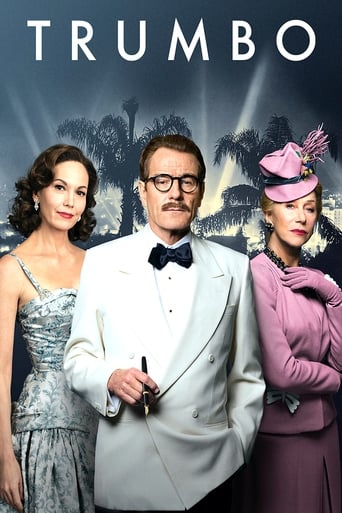
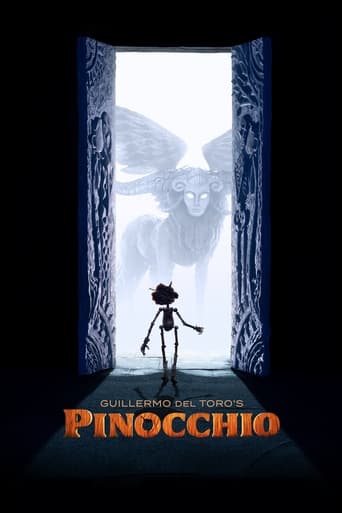
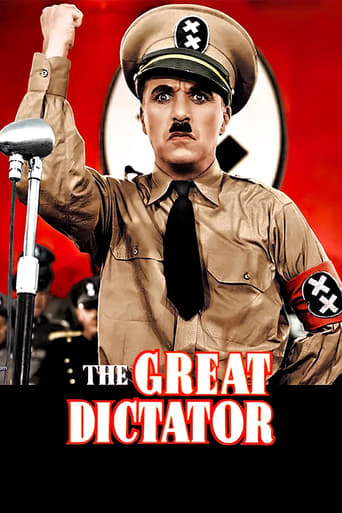
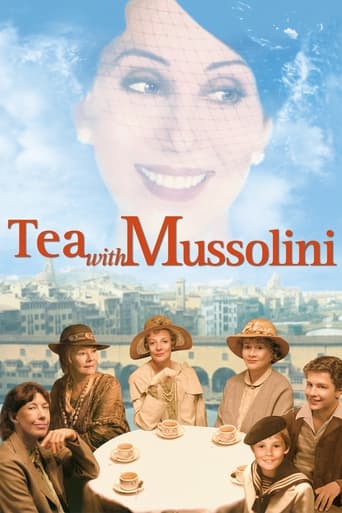




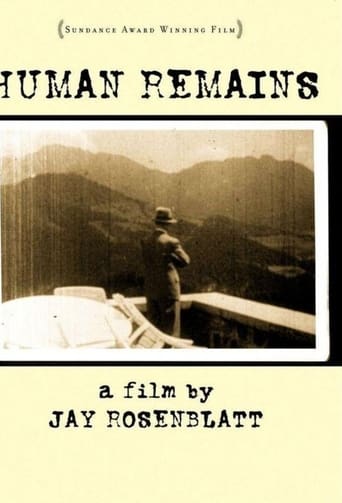

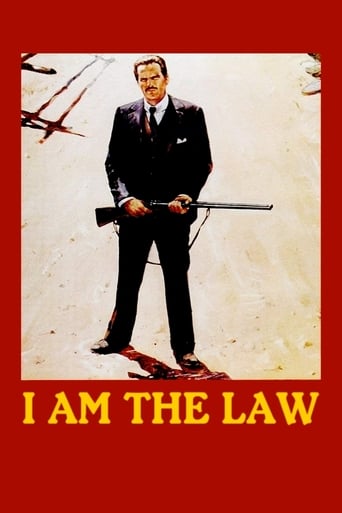


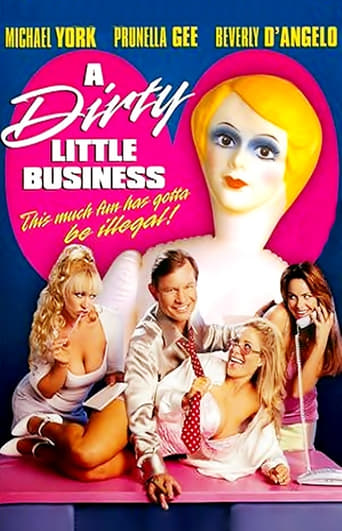
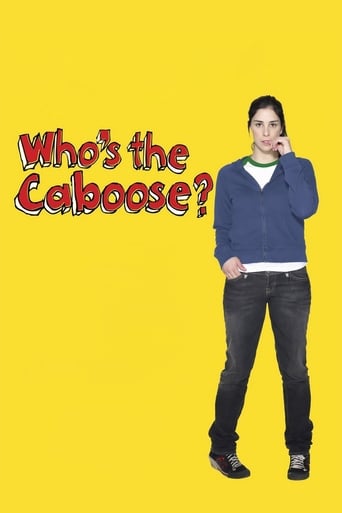





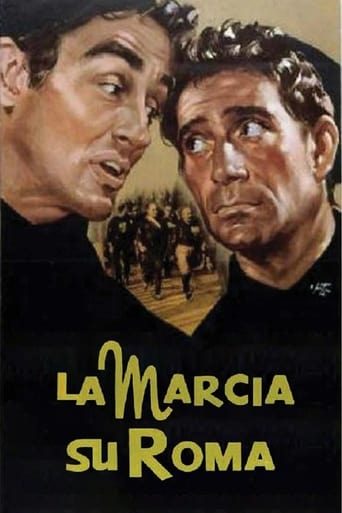









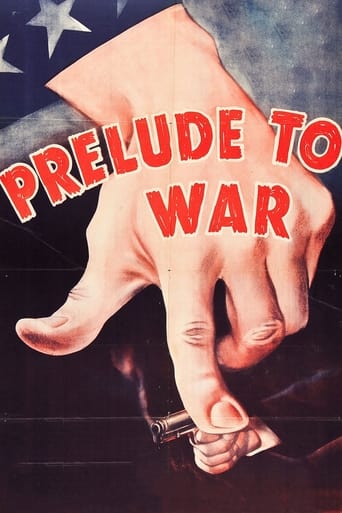
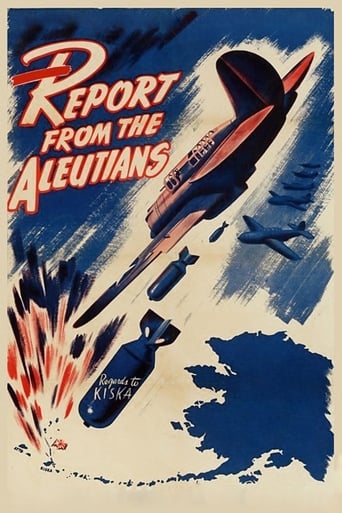
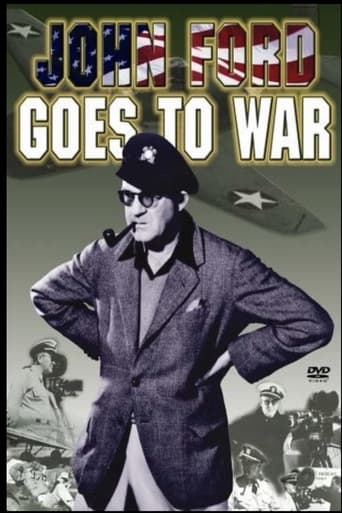

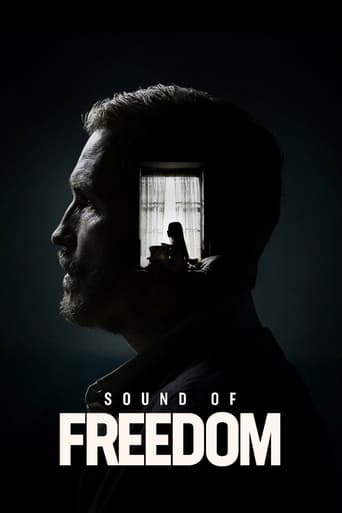

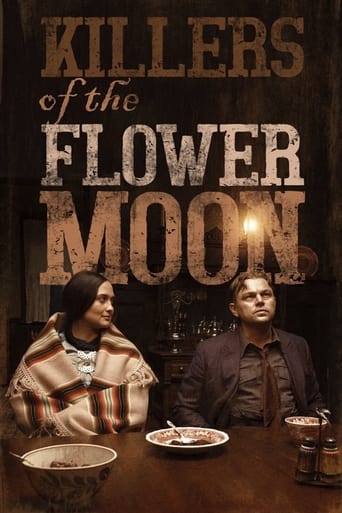
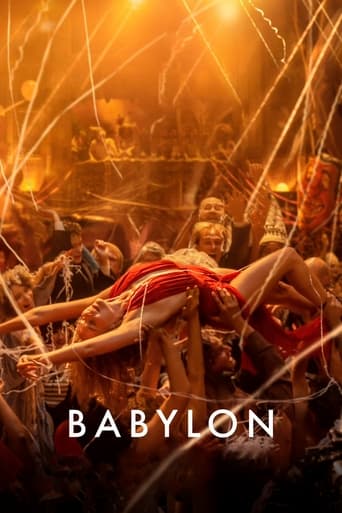

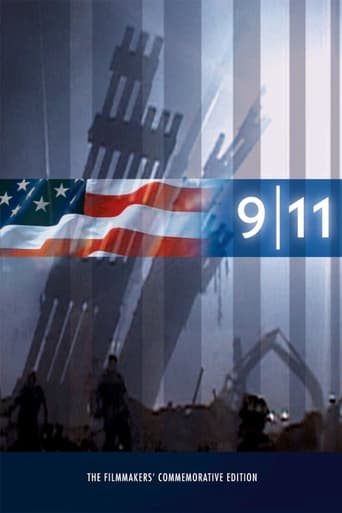

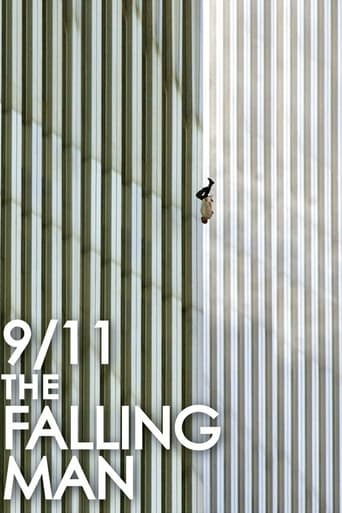
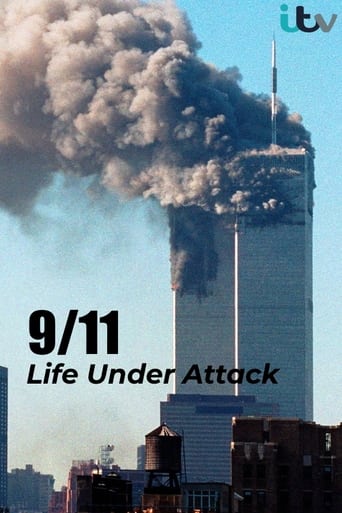
Yellow Caesar
Using edited archive footage, mockery is made of Italy's dictator Benito Mussolini.